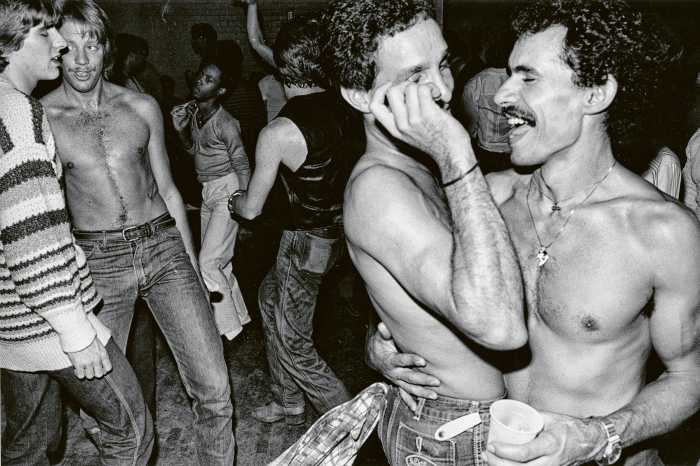The amount of books banned in the United States has doubled in one year, according to an annual report published by the American Library Association, and LGBTQ-related titles are leading the way.
The report found 1,247 attempts to censor content at libraries, schools, and universities last year. In total, 4,240 unique titles were targeted, which was 65% more than the 2,571 books targeted in 2022.
Those titles were mostly challenged in public libraries (54%), but school libraries accounted for 39% of book bans. Patrons initiated 28% of censorship attempts, followed by parents (24%), pressure groups (21%), the board or administration (13%), librarians/teachers/staff (3%), elected officials/government (2%), and other/unknown (9%).
In descending order, the most-targeted titles were “Gender Queer,” “All Boys Aren’t Blue,” “This Book Is Gay,” “The Perks of Being a Wallflower,” “Flamer,” “The Bluest Eye,” “Me and Earl and the Dying Girl,” “Tricks,” “Let’s Talk About It,” and “Sold.” Among those 10 titles, seven out of the 10 were cited for LGBTQ-related content — including the first five books on the list. Many of the books also prominently feature people of color. Several titles on the list have also been included on the same list in recent years.
A timeline of banned books dating back to 2004 shows how recent the book bans picked up. While there were 390 titles challenged in 2004 and 183 in 2014, that number suddenly climbed to 1,858 in 2021, 2,571 in 2022, and 4,240 in 2023.
The recent trend to shield readers from diverse content pertaining to LGBTQ individuals, people of color, and others coincides with state-based legislative campaigns to impose extreme restrictions on schools and other institutions, even indirectly. In the case of Florida, the Parental Rights in Education Act — commonly known as the “Don’t Say Gay or Trans” law — sparked widespread restrictions on books in the Sunshine State. Groups such as Moms for Liberty, known for spouting anti-LGBTQ views, have championed the issue and brought attention to books they deem inappropriate. The group even created a 111-page document aiming to expose books they want to keep away from schools.
“These are books that contain the ideas, the opinions, and the voices that censors want to silence — stories by and about LGBTQ+ persons and people of color,” said Deborah Caldwell-Stone, the director of American Library Association’s Office for Intellectual Freedom. “Each challenge, each demand to censor these books is an attack on our freedom to read, our right to live the life we choose, and an attack on libraries as community institutions that reflect the rich diversity of our nation. When we tolerate censorship, we risk losing all of this.”
































